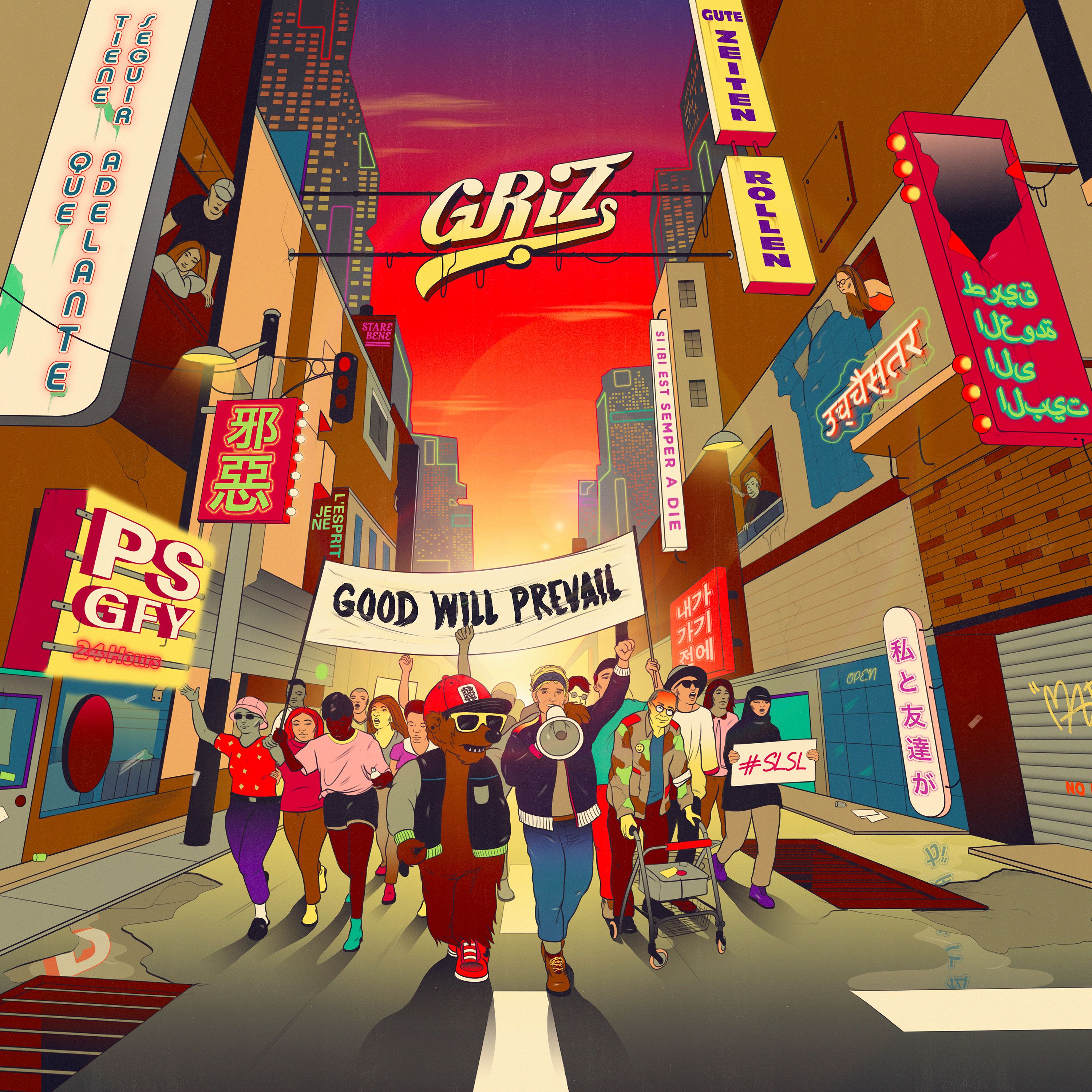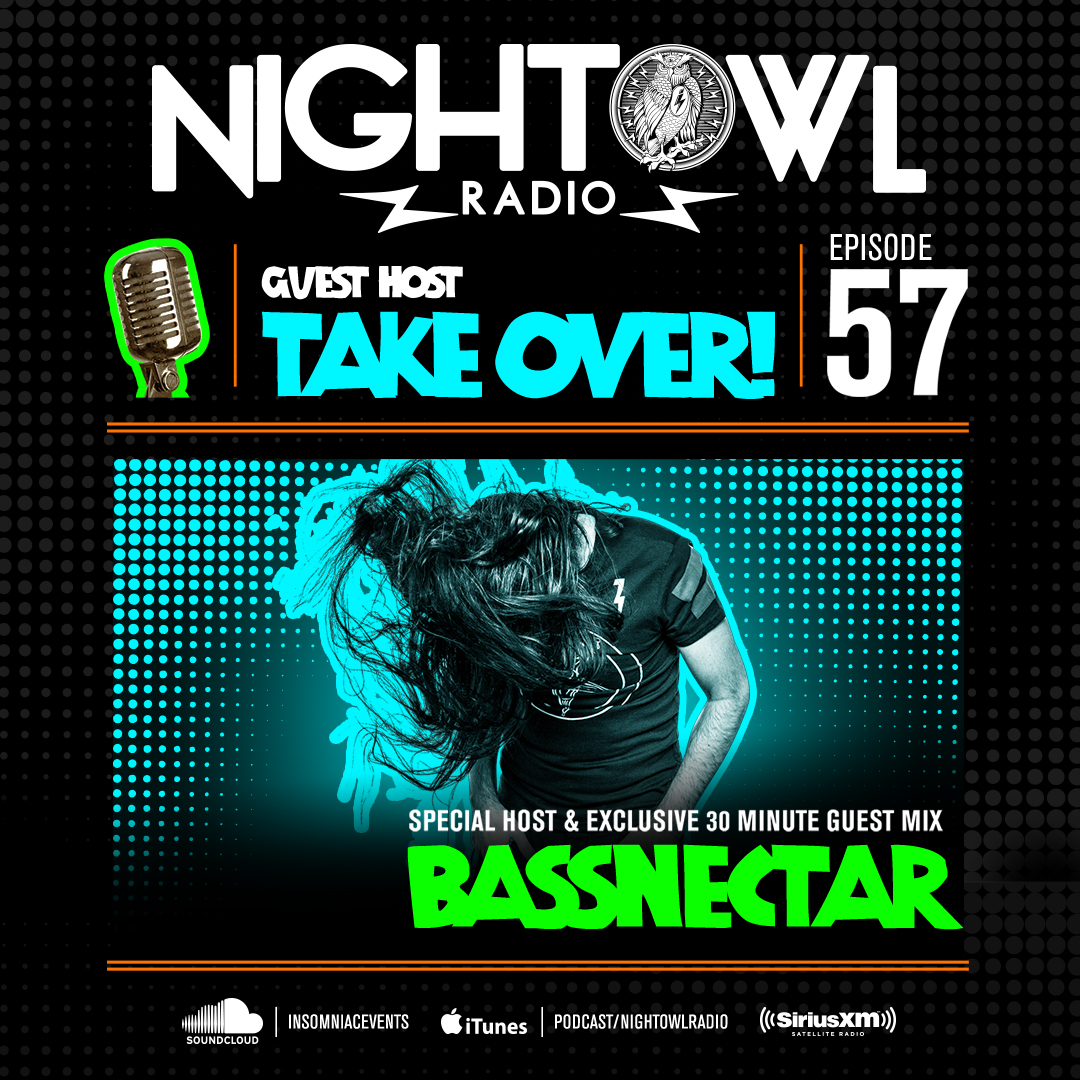-UPDATED-
Most of us can look fondly upon at least one instance of waking up gloriously hungover, curled beside the porcelain throne, with every fiber of your being feeling like it was dragged through the Mojave. Drinking is fun, but all too often the excess catches up to us in the worst way possible. Now, thanks to professor David Nutt at the Imperial College in London, he’s created the solution to these woes: synthetic alcohol.
The effects of alcohol are due to its mimicking a chemical called GABA, which is produced in the brain and activates neurochemicals like dopamine. Alcohol interacts with the brain’s GABA receptors to provide pleasurable effects, but it lacks discretion in targeting other receptors as well, which results in dry mouth, headache, and decreased motor skills/coordination. Synthetic alcohol, called “alcosynth” is different in that it selectively targets GABA receptors so you only achieve its desirable effects.
Two versions of alcosynth have been submitted to review for commercial use, and Professor Nutt has created over 90 varieties of the synthetic alcohol so far. “They go very nicely into mojitos. They even go into something as clear as a Tom Collins. One is pretty tasteless, the other has a bitter taste,” says Nutt of his experience with alcosynth.
An antidote is also in the works, which will block these GABA receptors, allowing users to sober up rather speedily. Nutt has high hopes that alcosynth will replace “traditional” alcohol by 2050, but that would call for the UK to redact its attack on synthetic drugs. And the price tag for safety checks on alcosynth will run nearly $12 million. In the meantime, he still hopes to have it in at least 100 bars by the end of the decade.
H/T Inverse








